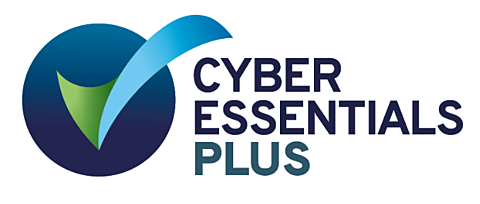The Importance of Oversight
13 Dec 2021
Setting the scene
Administration is complex. It may seem simple to the member on the receiving end, and to the clients that hold it at arm’s length. But think about the raft of legislation, data issues, legacy rules, mergers, acquisitions and all the other things that get thrown into the pot for good measure. It’s easy to see how mistakes can creep in and errors be made regardless of how robust the systems, risk management and quality controls are that wrap around it.
So, in our view we tend to see minor errors as manageable and inevitable. However, it is the larger errors and systemic issues in an operation that are of greater concern, but can often be more difficult to see when the trustee is viewing the service from a distance, and assuming the administrator is on top of things.
This is what was happening to our client. They had a number of quality issues with their administrator and complaints were on the increase. We were appointed to take a more detailed look at the administration operation and get to grips with what was causing the problems.
Investigating the administration
We spoke with the client to build an understanding of the issues, and to get their perspectives. Most importantly, we asked about how they manage the relationship. We followed this up with a visit to the administrator to hear the other side of the story.
It is important in any relationship to accept that there are always two sides to any story. The administration operation was not set-up to deliver an effective and quality service, but neither had the client really got to grips with what was happening at the administrator. The trustee had never visited the office, never met the team and relied largely on the quarterly reporting. For all intents and purposes the administrator was left to their own devices, and unchallenged.
Our recommendation to the client was two-fold: firstly, spend some time with your administrator to think about what is wrong, why it is wrong and how to fix it. Then turn that into a plan and work together to transform the services. Secondly, take a moment to reflect as a trustee board on the role you play in the oversight of the administration and whether there are things you could be doing better.
Prevention better than cure
Casework errors and SLA delays should be reported as a matter of course in any decent stewardship report. But more fundamental issues in the service, such as resourcing issues or an incorrect or out of date knowledge base are much harder for a client to see. The administrator may not necessarily know either, and even where they do may be tempted to rely on the experience and knowledge of the individuals rather than distract them from BAU.
Oversight of your administrator is, therefore, important in ensuring the operation is effective and delivering a quality service. It also helps to build and foster constructive, collaborative relationships and ensures that both parties know what is going on, when and how it impacts the service.
Of course, there is a resource overhead in dedicating the appropriate amount of time to your administrator and many trustees may simply not have that available to them. This is where external support can play a part, and is something that our client looked into following our recommendations.
Key learnings
- Administration is complex and errors are unavoidable, but there is more to a quality administration service than just right-first-time statistics and complaint volumes.
- It is important to build a governance and oversight framework around the service. This needs to be pragmatic, appropriate and manageable based on your resourcing availability. External support can be deployed to help fill the gaps.
- Fostering close relationships has softer benefits, such as collaboration, cooperation and a mutual understanding between each party.


